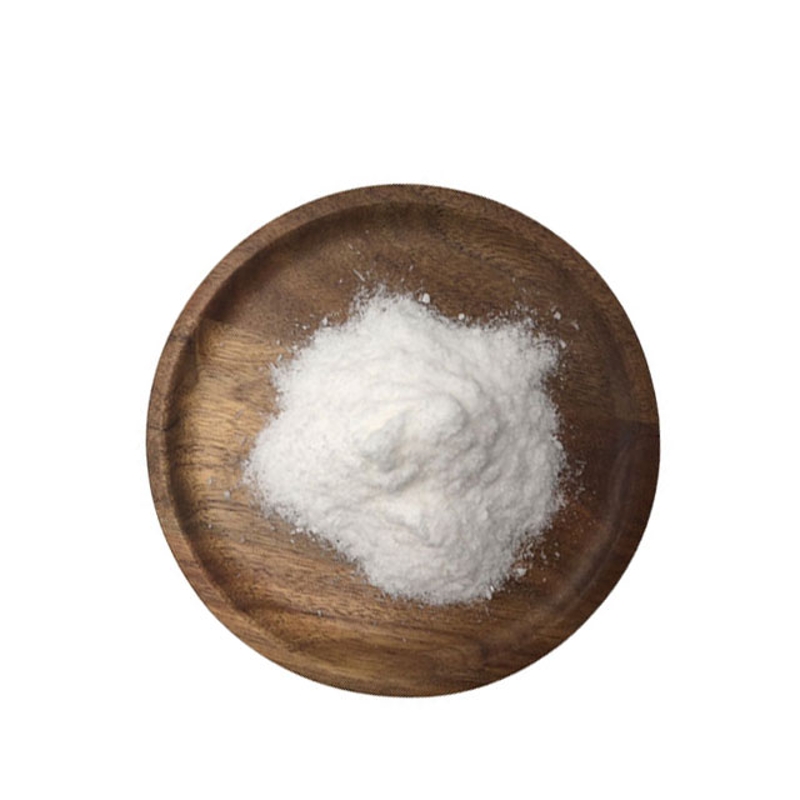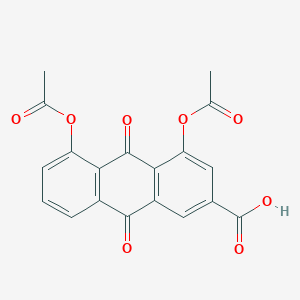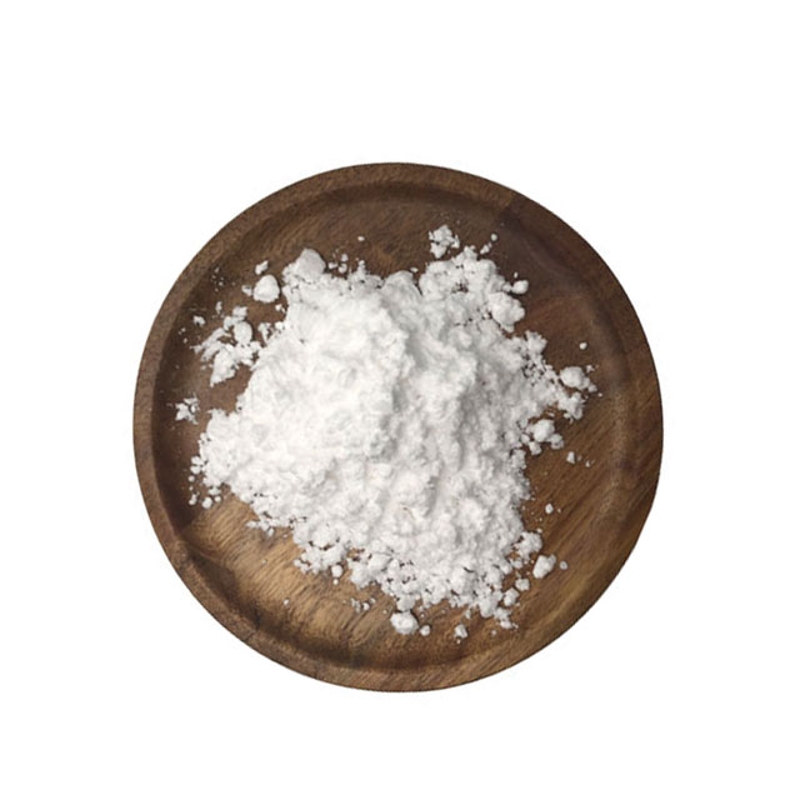-
Categories
-
Pharmaceutical Intermediates
-
Active Pharmaceutical Ingredients
-
Food Additives
- Industrial Coatings
- Agrochemicals
- Dyes and Pigments
- Surfactant
- Flavors and Fragrances
- Chemical Reagents
- Catalyst and Auxiliary
- Natural Products
- Inorganic Chemistry
-
Organic Chemistry
-
Biochemical Engineering
- Analytical Chemistry
- Cosmetic Ingredient
-
Pharmaceutical Intermediates
Promotion
ECHEMI Mall
Wholesale
Weekly Price
Exhibition
News
-
Trade Service
14, 2020 // -- In a recent study published in the international journal PNAS, scientists from Ohio State University and other institutions found that spliting an anticancer drug in two and then giving cancer cells or effectively reducing their life-threatening side effects, while protecting healthy non-cancerous cells from being affected;
Photo Source: CC0 Public Domain Immunotoxin combines immunological substances with toxins that absorb cancer cells, which promote toxins into cancer cells and kill them without damaging nearby healthy cells; the study was designed as a proof-of-concept study, but the researchers found that they were able to reconstruct the functional toxin in cell cultures in laboratories and cancer cells in mice.
Scientists' research into cancer therapies has now helped develop a number of effective treatments that not only destroy cancer cells, but also healthy non-cancerous cells, and that can have life-threatening side effects; the problem, says researcher Dmitri Kudryashov, is that we don't want to kill healthy cells, and the challenge now is how to kill only cancer cells without affecting their function.
When certain cancer therapies can successfully target cancer cells, perhaps few can accurately kill cancer cells without affecting the function of healthy cells, the key to dividing immunotoxins is that only cancer cells can accept the two parts of the division toxin, the researchers confirmed that when separated, the division toxin part does not damage healthy cells, but when it is reassembled into the original toxin, the therapy can destroy cancer. To achieve this, both parts of the immunotoxin must go into cancer cells, and so far the researchers have achieved that the toxin, which reconstructs this complete function after transporting one part of the divided immune toxin to the cells that express the other part, while the other part of the specific transport may yet be studied further, is still being studied, said
researcher Elena Kudryashova.
In essence, the researchers say, when toxin proteins enter the body later in life as a cancer treatment, but they do not cause damage to healthy cells, and if biochemists can find a way to transport both parts of the toxin protein to cancer cells, both parts of the toxin may be expected to destroy cancer cells.
() Original source: Vedud Purde, Elena Kudryashova, David B. Heisler, et al. Intein-mediated cytoplasmic reconstitution of a split toxin enables selective cell ablation in mixed populations and tumors xenografts, PNAS (2020) doi:10.1073/pnas.2006603117.







